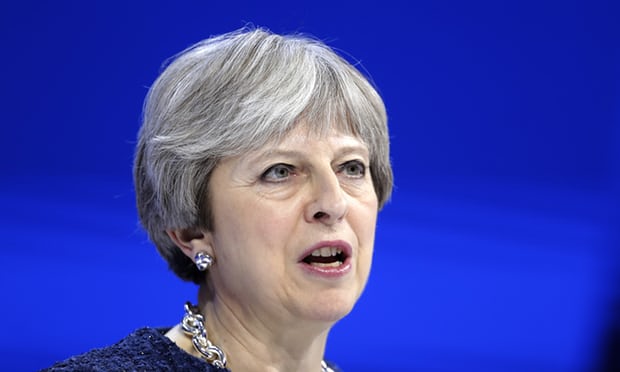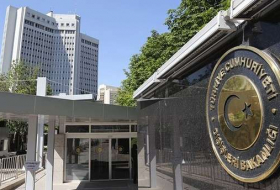Increasing education, greater ethnic diversity and new younger voters are poised to deliver a firm Remain majority as soon as 2021, as Theresa May’s planned transition deal is due to end.
The country is expected to be 52:48 in favour of EU membership by 2021, according to the study by experts at the University of Manchester - and have a majority of 54:46 by 2026.
“The Brexit majority is fragile and on the wrong side of powerful demographic pressures, with Eurosceptic social groups shrinking over time while more Europhile groups expand,” they write.
“All the Leave-leaning groups, such has school-leavers, white and British-born voters, and those who grew up before Britain joined the EU, are shrinking over time.
“Simultaneously, all the Remain-leaning groups – graduates, ethnic minorities and migrants, and the younger cohorts who came of age after the Maastricht agreement – are growing.”
The analysis comes with exactly 12 months to go until Brexit Day, as part of a wider study warning that Ms May has failed on her pledge for the exit process to deliver “as much certainty as possible, as early as possible”.
Instead, the negotiations are dogged by “chronic political and economic uncertainty”, preventing proper planning for the future outside the EU, it warns.
“Uncertainty reigns. This is having negative consequences for business and key sectors including agriculture, fisheries, aviation, the environment, higher education, the health service and financial services,” said Professor Anand Menon, director of The UK in a Changing Europe think-tank.
To mark one year until Brexit, the prime minister will spend the day touring all four UK nations to stress her belief she can “deliver a deal that works for every community”.
Starting in Scotland, she will visit textile workers at a factory in Ayrshire, before meeting a parent and toddler group in Newcastle, lunching with farmers near Belfast and hosting talks with business leaders in South Wales.
“I am determined that our future will be a bright one. It’s a future in which we trade freely with friends and partners across Europe and beyond,” Ms May said, ahead of the trip.
“The UK will thrive as a strong and united country that works for everyone, no matter whether you voted Leave or Remain.”
But The UK in a Changing Europe report highlights that:
* There is “no clear vision of immigration policy after Brexit, let alone any concrete policy decisions”.
* GDP growth in the UK was, on average, 0.6 per cent higher than other major economies before the referendum – but was 0.9 per cent lower last year.
* The Brexit vote increased inflation by 1.7 percentage points in the year following the referendum.
* In Ireland, the UK has failed to “provide the necessary detail to reconcile the need to avoid a hard border and leaving the single market and customs union”.
* Air passengers will be “hit especially hard” by a likely loss of some flights.
Professor Menon said: “When Theresa May triggered Article 50 she said she’d provide citizens and businesses with ‘as much certainty as possible, as early as possible’. One year on, our report shows she has failed to do this.”
More about: Britain















































